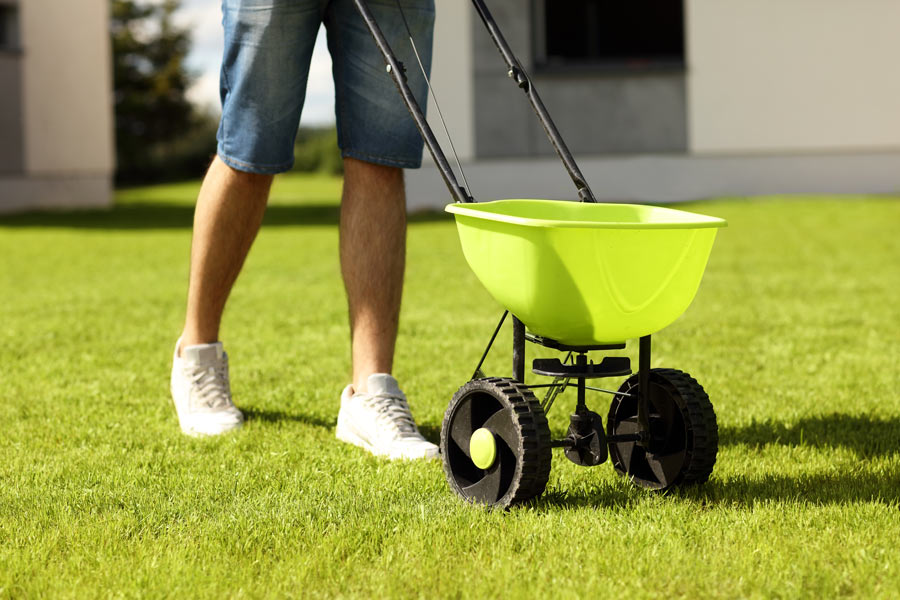02 Feb What is Winterizer Fertilizer?
Winterizer fertilizers are a great choice for cold winter months, as it gives your plants a healthy dose of potassium, among other nutrients. Winterizer fertilizer is perfect for the winter because it’s a slow-release fertilizer that is designed to provide enough nutrients to keep your plants healthy and thriving in the cold.
The formula usually contains nitrogen, phosphorous, potassium, calcium, magnesium, and sulfur. These nutrients will feed your plants in a manner that they can use even in cooler temperatures.
Why Use Winterizer Fertilizer?
Nitrogen is essential to plant growth and for healthy leaf development. Phosphorous aids in root development. Potassium helps with plant metabolism and disease resistance. Calcium improves soil structure and enhances the uptake of other nutrients. And sulfur is important for the overall health of the plant due to its role in chlorophyll formation.
Moreover, winterizer formulas are designed to be low-nitrogen fertilizers, meaning that they provide just enough nutrients for adequate plant growth during the winter months when nitrogen levels drop down from an average of 5% to around 2%.
Nitrogen is responsible for vegetative growth and green leaves, but not much else comes from it other than color, which requires little energy from the plant. In contrast, phosphorus helps with root development and blooming, while potassium helps with fruit development and flowering.
All three of these macronutrients are necessary at different times of the year, so if you’re looking for low-nitrogen fertilizing options during wintertime then you’ve found one here.
Proper Use of Winterizer Fertilizer
Winterizer fertilizer is an excellent product for winterizing your garden. There are a few things you need to know about using this product, though. You can’t just sprinkle it on the ground in your garden and hope it works.
When you purchase winterizer fertilizer, you’ll find that there are specific instructions for how to use it correctly. If you’re not sure what these instructions are for your particular brand of fertilizer, then contact a professional for assistance, or do some research online.
You want to make sure that when applying the fertilizer, you have a light layer over the entire area where you plan to grow plants next spring. This will help ensure that everything is evenly covered with the fertilizing agent, which will promote healthy growth in your plants when they start growing again in the springtime.
One other thing to remember is that winterizer fertilizer should be applied before it snows so that the snow doesn’t cover up the fertilizing agent.
Winterizer fertilizer is a great option for your garden because it is specifically designed to nourish plants during the cold winter months. This type of fertilizer helps plants maintain their health and grow strong for spring and summer.
Not only that, but it can also help your plants survive through the harsh winter months ahead. The only downside is that it’s not available at all stores and can be a little pricey. As such, you may need to do some research and order it online to make sure your plants get the nutrients and protection they need.
